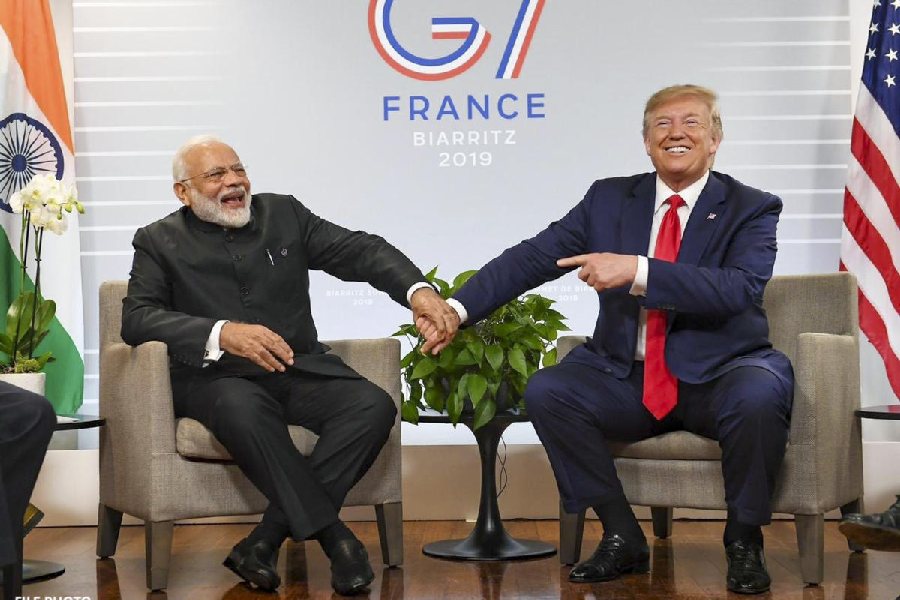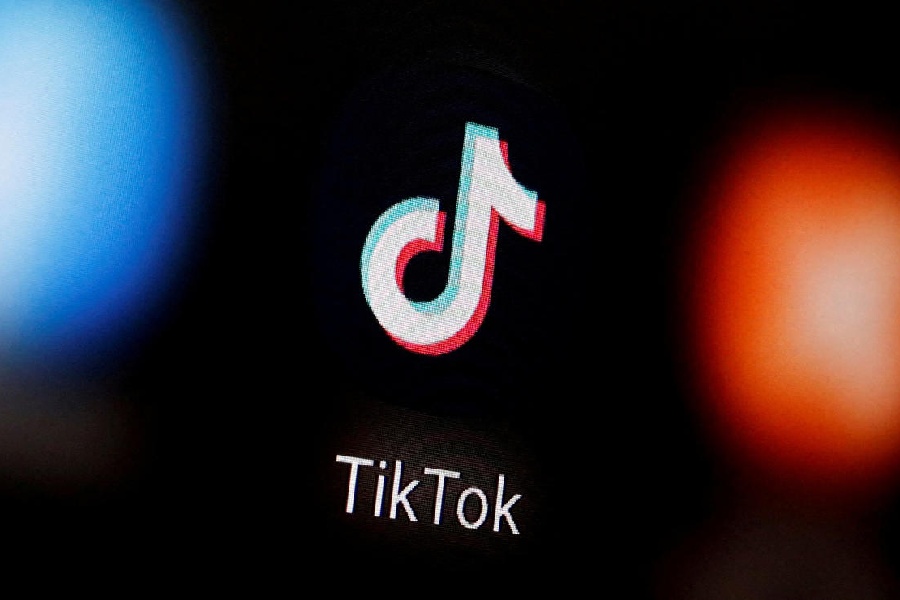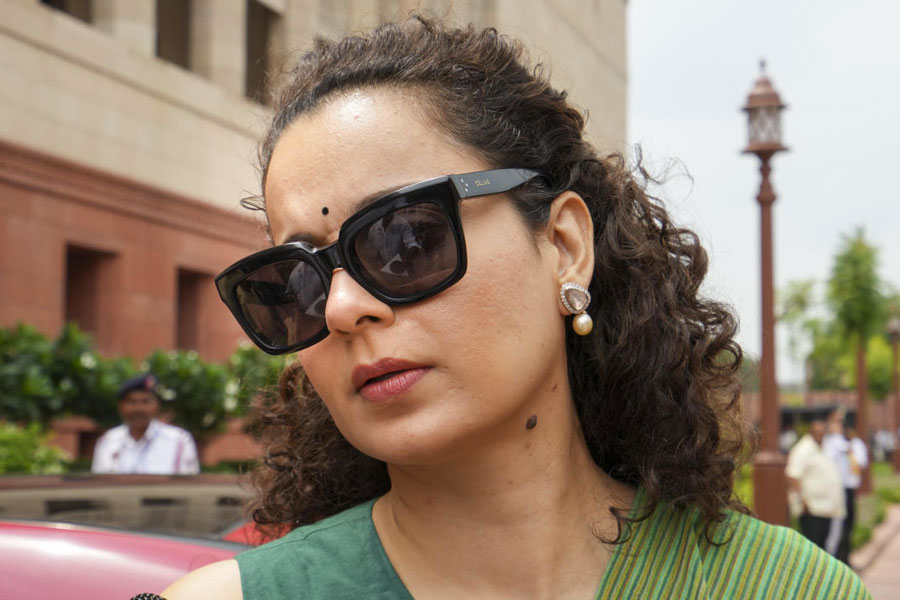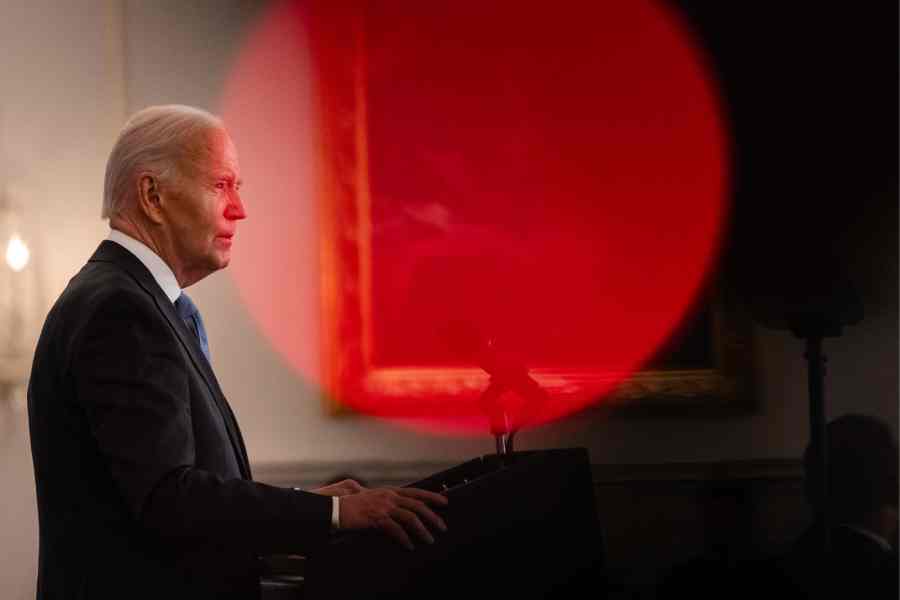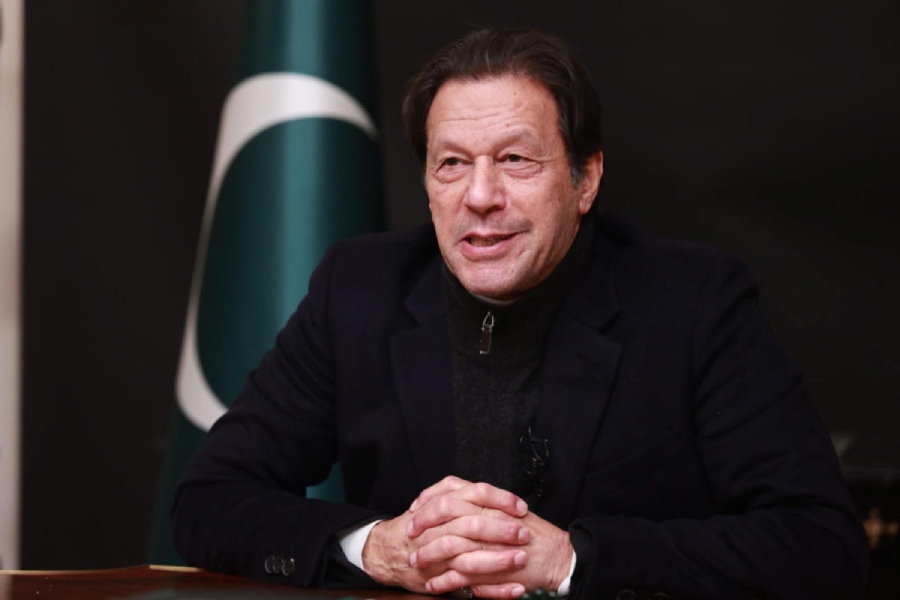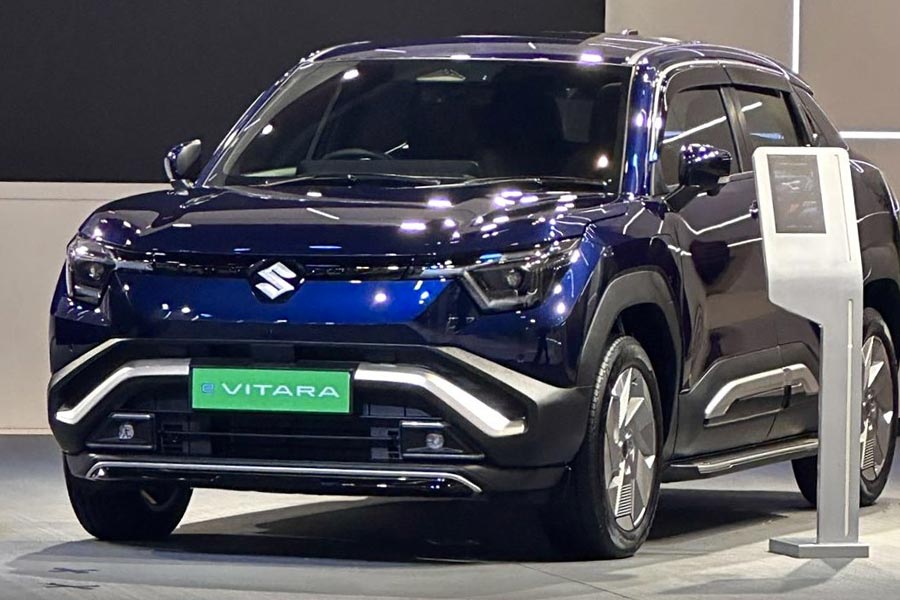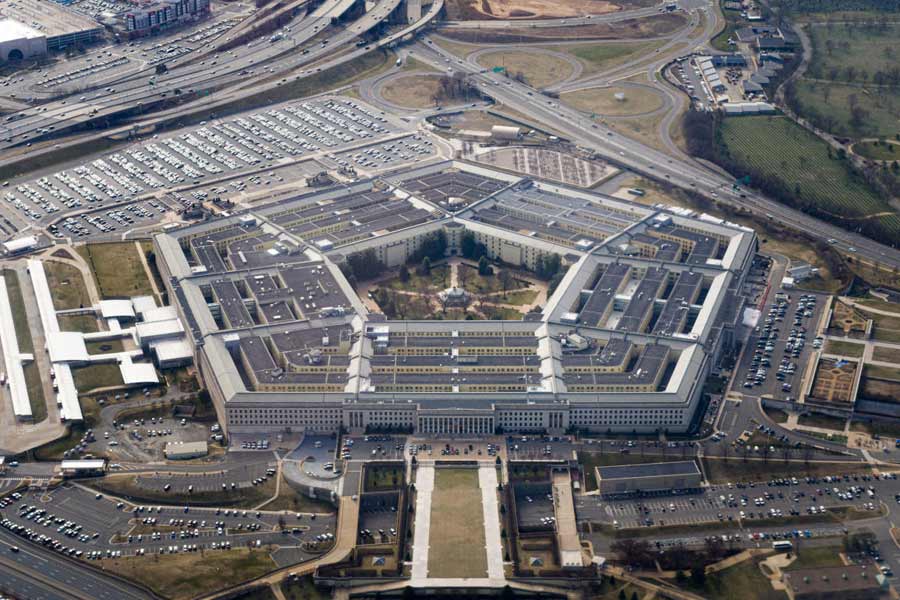India, in relative terms, is quite well placed under the Trump Administration, an eminent India-expert has said, observing that the incoming president does not see India as a problem, but there might be bumps on the road on the issue of tariffs and legal immigration.
“I always say that India is, in relative terms, quite well placed under the Trump administration,” Dhruva Jaishankar, executive director of ORF America told PTI in an interview, days ahead of the presidential inauguration. Donald Trump, 78, will be sworn-in as the 47th president of the United States on January 20.
“If you look at what Trump's demands are: he says American allies are free riders, that they should be doing more: Nato allies, Japan. He doesn't like foreign aid. So, on many issues, India is not really going to be directly affected because he doesn't see India as a problem,” said Jaishankar, whose latest book “Vishwa Shastra” recently hit the bookstores.
“I think there are two issues where there will be some bumps. One, again, is on some trade issues where India enjoys quite a large trade surplus with the US. And again, some around Trump see that India is engaging in unfettered trade practices. India says, no, it's not, and points to the fact that India is in fact a net importer for much of the rest of the world. It's a consumer-based economy,” he said.
“So, I think that negotiation will be difficult in the first few months but hopefully lands soon in a good spot. Within six months or a year, we have some kind of broad agreement where both sides understand the terms of economic engagement,” he observed.
“The second issue that could be difficult is on immigration. Obviously, it's very clear on undocumented migrants, but I think even the question of legal migration has already become an issue in the US. Those are two areas I would look out for. So this is not a relationship that won't be without some difficulties. But overall, I don't see why the relationship won't remain on a positive trajectory, unlike some adversaries of the US and some allies of the US,” Jaishankar said.
Responding to a question on China, he said this remains one of the big uncertainties of the Trump Administration as they have three or four different worldviews within itself.
“The dominant one, at least based on the appointments that have been announced so far, is one that sees China as a systemic competitor of the US. I think that would be the default position,” he said.
But there are others, who believe that China remains a competitor, but the US should actually withdraw or downsize its presence in other regions, Europe and the Middle East.
“There are others who believe that the US should not try to compete with China and be a bit more, for lack of a better word, isolationist. And then finally, there are some, particularly in the economic side, and this includes many influential political donors of Trump, who believe that the US and China need to go back to some sort of a normal economic relationship where you have a two-way investment and downplay some of the strategic and military differences between the two,” Jaishankar observed.
“But I think so far, at least what has been indicated, even I saw an interview from the incoming nominee for the Treasury Secretary, again, somebody who comes from Wall Street, who said that China presents a major challenge, military and economic challenge to the US. That is really where the starting consensus is. a lot is much more uncertain than you believe. Some of this is playing out in the discussion on TikTok, for example,’ he said.
The invitation extended to world leaders to attend the Trump inauguration, the first of its kind, is a welcome sign, he noted, in response to a question. “In some ways, it's perhaps a welcome sign that this Trump administration is not going to be, as some of the critics say, overly isolationist or that they are willing to look at cooperation with partners,” he said.
“It's also a good sign, it seems, based on news reports that there will be a Foreign Minister's QUAD meeting, which again shows some continuity. The Quad restarted under Trump in his first term. That seems to be a positive sign, but perhaps it's also showing that this is a US that knows that it is in a much more competitive landscape. And this idea that we had in the 1990s and early 2000s that they could take the rest of the world for granted, is no longer there,” Jaishankar said. PTI LKJ MNK MNK
Except for the headline, this story has not been edited by The Telegraph Online staff and has been published from a syndicated feed.

